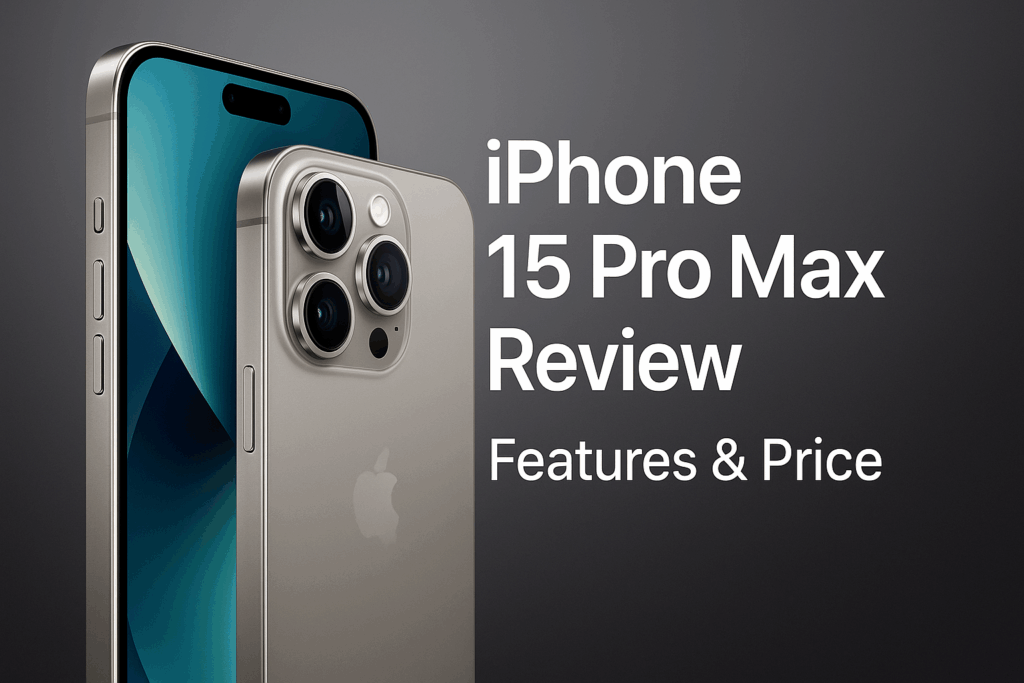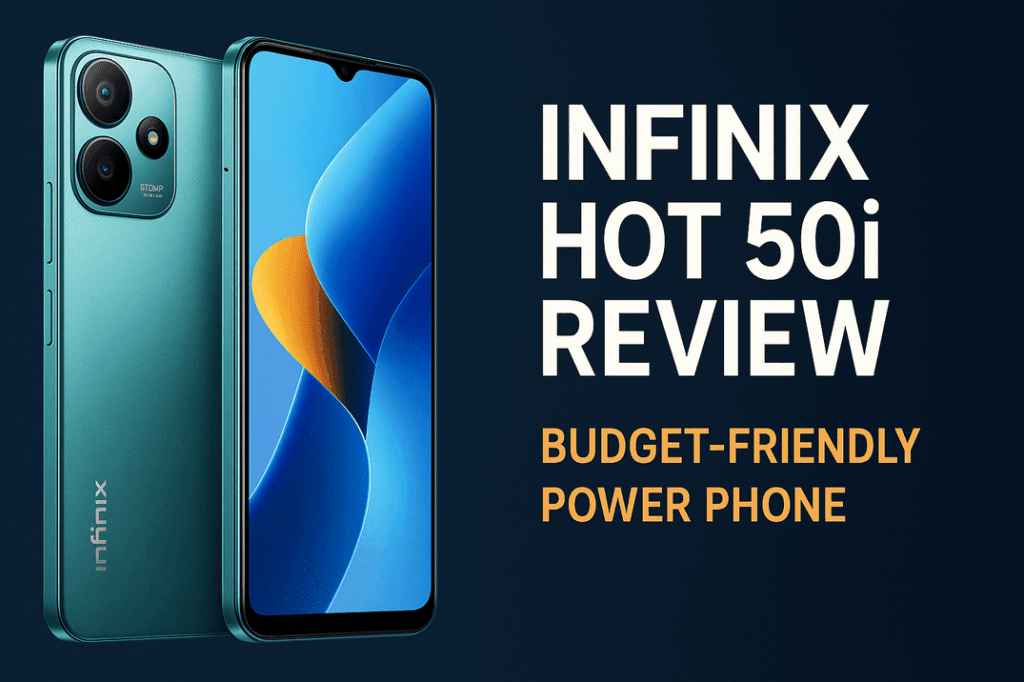In 2025, voice AI assistants will have become essential features of modern smartphones, providing users with hands-free help for everything from sending messages to managing smart homes. But not all assistants are created equal. From Siri to Google Assistant to Bixby and beyond, this article dives deep into how each voice AI assistant performs in real-world situations, evaluates their technological advancements, and identifies which phone you should choose if voice interaction is a top priority for you.
1. Evolution of Voice AI Assistants
The journey began with simple commands like “Call Mom” and has now evolved into rich, contextual conversations. AI assistants today leverage massive language models, edge processing, and contextual awareness to provide more natural, accurate responses. Apple, Google, Samsung, Amazon, and others have been racing to make their assistants smarter, faster, and more intuitive than ever before.
2. Criteria for Evaluation
- Accuracy of Voice Recognition
- Speed of Response
- Contextual Awareness
- Offline Functionality
- Third-Party Integration
- Accent and Language Support
3. Google Assistant (Pixel Devices)
Google Assistant has set a high bar with its deep integration into Android, real-time translation, and predictive suggestions. In our test, it consistently delivered fast and accurate responses, handled context switching with ease, and performed well even offline. The new Gemini-powered updates enhance its conversational fluency.
4. Siri (iPhone 15 and iPhone 16 Series)
Apple’s Siri has made significant strides with iOS 18 and iOS 19. Apple has prioritized privacy with more on-device processing. Siri’s contextual understanding has improved, especially with App Intents and Shortcuts, but it still lags behind Google in dynamic conversational capabilities.
5. Samsung Bixby (Galaxy S25 Series)
Bixby has become more useful in 2025, especially in Samsung’s ecosystem. It offers granular device control and continues to evolve in areas like text summarization and contextual replies. However, its overall accuracy and response time still fall short compared to Google Assistant and Siri.
6. Alexa on Phones
Amazon’s Alexa is a household favorite for smart home control, and while it performs reasonably well on phones like the Moto Edge+, its mobile usage isn’t as optimized as the others. Alexa still shines in routines and IoT integration, but it’s limited by requiring consistent cloud connectivity.
7. Voice Assistant Accuracy Test
We asked each assistant 50 real-world questions ranging from location-based queries to calendar requests. Google Assistant had a 96% accuracy rate, followed by Siri at 91%, Alexa at 88%, and Bixby at 81%. Context switching and memory retention were areas where Google and Apple excelled.
8. Multilingual and Accent Support
Google leads in recognizing diverse accents and offering extensive language support. Siri has improved dramatically in understanding regional dialects, while Bixby and Alexa are still catching up in this space.
9. Offline Capabilities
One key innovation is offline processing. Google Assistant on the Pixel 8 Pro and newer models can handle voice tasks like setting timers, sending texts, or playing music without internet. Siri now supports basic offline actions as well, though more limited in scope. Bixby’s offline support is minimal.
10. Ecosystem Integration
Siri is the winner if you’re deep in Apple’s ecosystem. Google Assistant dominates Android and works well with Google services. Alexa remains strong for smart home control, while Bixby is optimal if you’re using multiple Samsung products.
11. Privacy and Data Handling
Apple is the leader in on-device processing and privacy-first design. Google is making strides with federated learning and data transparency, while Amazon and Samsung still rely more heavily on cloud processing.
12. Which Assistant Understands You Best?
In most real-world use cases, Google Assistant continues to be the most responsive, accurate, and context-aware. Siri has closed the gap significantly, especially for users entrenched in Apple’s ecosystem. Alexa and Bixby, while useful in specific contexts, are better secondary options.
13. Future of Voice AI Assistants
Expect AI to become even more anticipatory. Assistants in 2026 may offer proactive help based on sensor data, user behavior, and calendar context. We’re heading toward truly conversational AI, where your phone becomes a predictive companion rather than a reactive tool.
14. Final Verdict
For Android users, the Pixel 8 Pro or newer with Google Assistant remains unbeatable. For Apple fans, the iPhone 16 paired with Siri’s improvements makes for a compelling voice experience. If voice commands are central to your workflow, prioritize a phone with deep AI integration and offline capability.
Voice AI assistants are no longer gimmicks — they are central to the smartphone experience. Choose wisely based on your usage patterns and device ecosystem.
Have you tested these voice assistants yourself? Drop your thoughts and preferences in the comments below!


